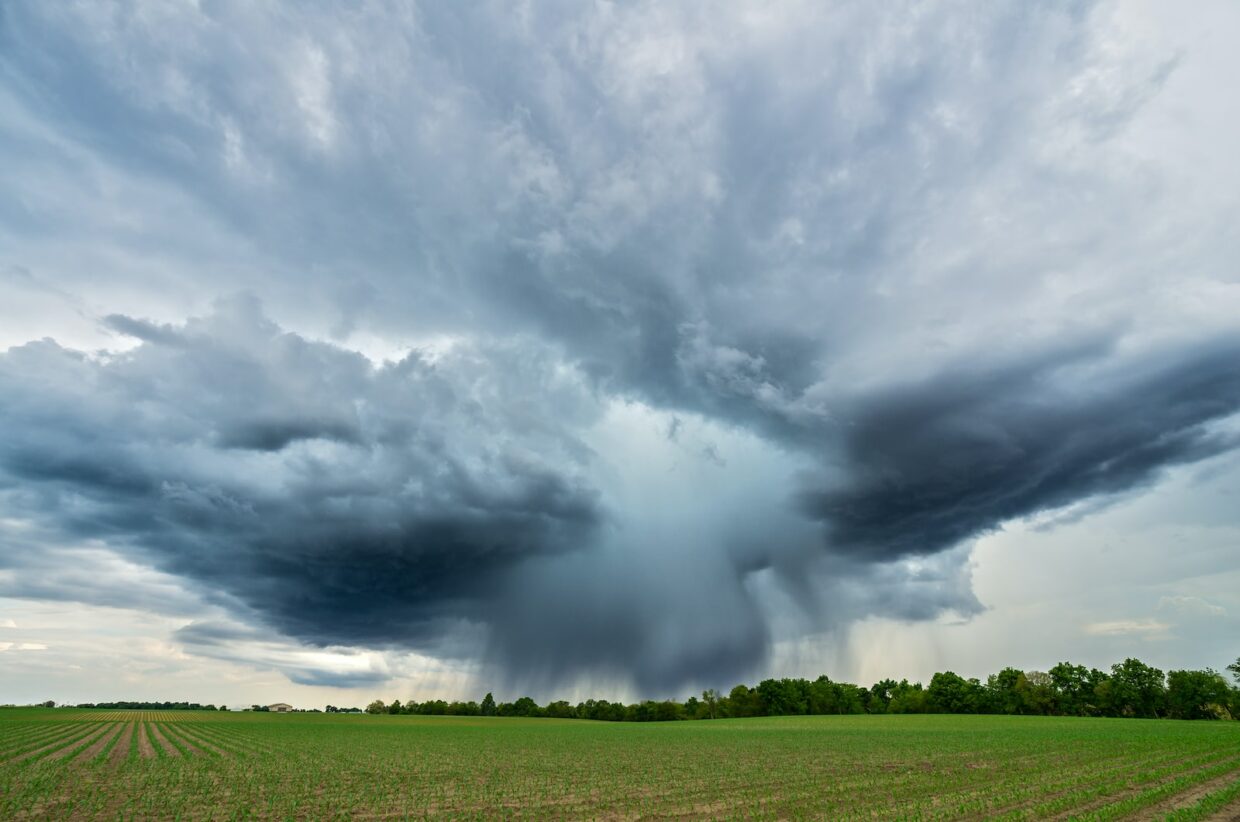Climate change is a global issue that affects everyone, including New Zealanders. In recent years, there has been a significant shift in New Zealand’s environment due to rising temperatures, extreme weather events, and other impacts of climate change. This shift has had a drastic effect on the future of New Zealand’s energy sector, from electricity production to transportation.
The Effects Of Climate Change On New Zealand’s Climate
Climate change is having a wide-ranging effect on New Zealand’s environment. New Zealand’s temperatures have risen by 0.9°C on average since the beginning of the 20th century, with the highest concentration of warming occurring in the eastern and northern parts of the country. This temperature increase has caused more frequent, intense and extreme weather events such as droughts, floods, and storms.
In addition to the direct effects, climate change is also causing a greater risk of water shortages, habitat destruction, and soil erosion. These impacts, combined with the increased erratic weather, are all having an effect on the future of New Zealand’s energy sector.
The Future Of New Zealand’s Energy Sector
New Zealand is amongst the most fossil fuel-dependent countries in the world. Currently, more than three-quarters of the country’s electricity is generated from fossil fuels. As a result, rising global temperatures and extreme weather events pose a significant risk to the future of New Zealand’s energy sector.
Given the effects of climate change on New Zealand’s environment, it is essential that the country shifts to a more sustainable energy system. To do this, New Zealand will need to invest in renewable energy sources such as solar, wind, and geothermal power. These renewable sources will provide more reliable, affordable and sustainable energy sources.
The New Zealand government is already taking steps to reduce the country’s reliance on fossil fuels and shift to more renewable sources. For example, the government has set a goal to supply at least 90 percent of its electricity from renewable sources by 2030. This goal is an important step towards creating a more sustainable energy future for New Zealand.
The Benefits Of Renewable Energy Sources
Investing in renewable energy sources will bring many benefits to New Zealand. These sources are not only more sustainable and reliable, they are also more cost-effective in the long run. Renewable energy also has the potential to create thousands of green jobs in New Zealand and stimulate the economy.
Switching to more renewable sources will also reduce the country’s carbon emissions and help New Zealand meet its climate change commitments. By taking the steps to transition to more sustainable energy sources, New Zealand will be able to contribute to the global fight against climate change and create a brighter future for all of its citizens.
- Renewable energy sources are more sustainable and reliable.
- The switch to renewable energy sources will create green jobs and stimulate the economy.
- Reducing emissions and taking action against climate change will create a brighter future for all New Zealanders.
Taking action against climate change is not only the moral choice, but it is also the smart choice for New Zealand’s economy and environment. Investing in renewable energy sources will ensure that New Zealand is able to meet its climate change commitments, create thousands of green jobs, and most importantly, protect the future of the planet.
- Increase reliance on renewable energy sources such as solar, wind and geothermal.
- Reduce emissions to meet climate change commitments.
- Encourage the development of green jobs and stimulate the economy.
The future of New Zealand’s energy sector is uncertain, but the shift to more renewable sources of energy is essential for the country’s future. By taking action against climate change and investing in renewable energy sources, New Zealand will be able to create a brighter, more sustainable future for all its citizens.







































